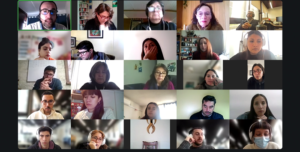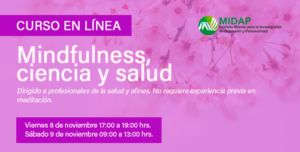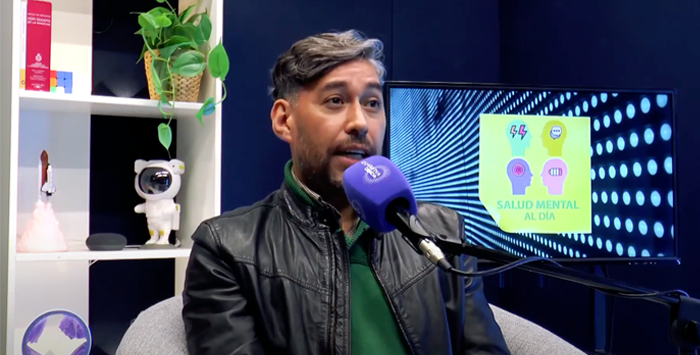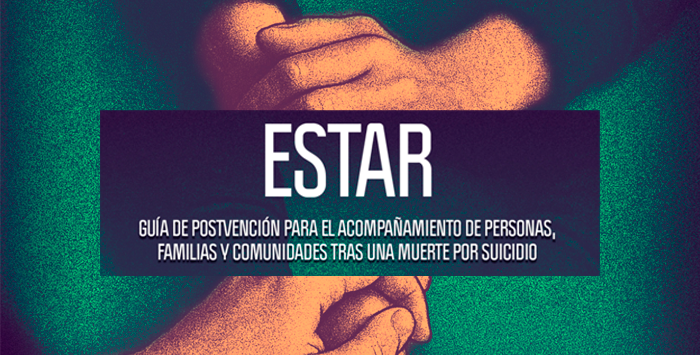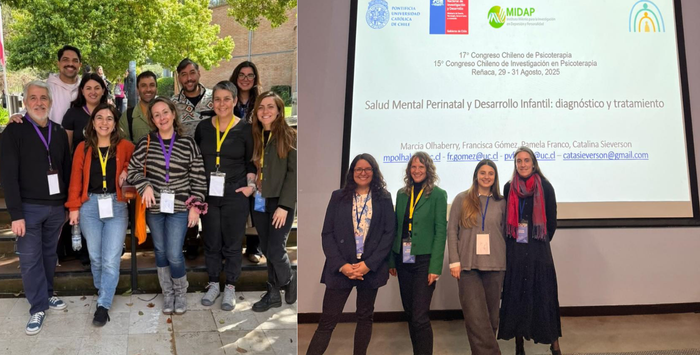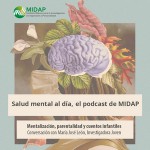OVERVIEW Mindfulness is understood as the ability to pay attention to the experience of the present moment with an attitude that includes kindness and suspension of judgment. In recent decades, its practice has been incorporated into the world of health and psychotherapy with the aim of fostering new ways of relating to experience, particularly in the face of physical and emotional pain. Thus, so-called contemplative studies have emerged, which report the benefits of mindfulness practice along with biological correlates and mechanisms of action. Recent studies point to its potential in the prevention and management of depression, anxiety, and stress. In line with the above, the Millennium Institute for Research on Depression and Personality (MIDAP) offers this experiential and didactic course on the contributions of contemplative practices—mindfulness and compassion—to personal and relational well-being. It combines experiential learning with theoretical conceptualizations of mindfulness and its scientific correlates. Central Topics: Foundations of the practice of mindfulness meditation. Current overview of contemplative studies in the context of mind-body medicine Mindfulness-based interventions and their clinical applications AIMED AT: Health and related professionals. No previous experience in meditation required. GENERAL OBJECTIVE: To learn about mindfulness practice and its incorporation into the health field SPECIFIC OBJECTIVES: It is expected that, at the end of the course, the participant will have: Known the current scenario and the clinical relevance of Mindfulness-based Interventions. Acquired knowledge about the lines of research in mindfulness and their main results. Integrated experiential methodologies (mindfulness practice) with theoretical aspects in the understanding of the mechanisms of action of mindfulness. MODALITY: remote; cameras must be on throughout the class. HOURS OF DEDICATION: 8 hours divided into 6 teaching hours and 2 hours of reading and personal work COURSE PROGRAM*: TEACHER: Sebastián Medeiros. Physician from the Pontifical Catholic University of Chile, psychiatrist from the University of Paris VII – Denis Diderot, and Mindfulness Instructor trained through the Center for Mindfulness at the University of Massachusetts and Brown University. He works as a psychiatrist and instructor at the Mental Health Unit – San Joaquín Medical Center, UC-Christus Health Network, and at the Mindfulness and Medicine Center. He teaches the Diplomas "Mindfulness and Psychotherapy" and "Mindfulness and Self-Care" at UC – MIDAP. He is an Adjunct Researcher at the MIDAP Institute, where he studies the impact of mindfulness practice on self-regulation processes. METHODOLOGY: Remote expository classes, supported by audiovisual material, practical mindfulness exercises, group discussion, bibliographic review. BASIC BIBLIOGRAPHY: Kabat Zinn (2009) FUNDAMENTALS OF THE PRACTICE OF MINDFULNESS. Chapter 2 in Living Fully Through Crises. Kairos. Guendelman S., Medeiros S. & Rampes H. (2017). Mindfulness and Emotion Regulation: Insights from Neurobiological, Psychological, and Clinical Studies. Front. Psychol. 8:220. Medeiros S., Crempien C., & Nitsche P. (2024). “The place of contemplative practices in the self-care of mental health professionals in PHC”. Psychiatry and Mental Health in Primary Care. 2nd Edition – Eds. Juan Pablo Jiménez, Julia Acuña and Alberto Botto. Patagonia Publishing House. (The book “Mental Health and Psychiatry in Primary Care Practice” is available in digital format and free of charge at this link https://bit.ly/3Wy8hi9 ) GENERAL INFORMATION AND ENROLLMENT PROCESS * Enrollment will be open between Monday, September 2 and Wednesday, October 30 at 3:00 p.m. *Only those who attend the 100% class (camera on) will be certified. Maximum capacity: 30 participants. Cost: $55,000. A 15% discount on the tuition fee will be applied for payments received by September 12, 2024. Additionally, the reduced price for public service professionals (state agencies) will be maintained throughout the entire enrollment period, for which proof of employment must be presented. There are no other exceptions or discounts. Interested parties must complete the following steps: STEP 1: PRE-REGISTRATION. Because this course has limited seating, you must COMPLETE THE REGISTRATION FORM available HERE. STEP 2: Wait for a CONFIRMATION EMAIL from educacioncontinua@midap.org. STEP 3: TUITION PAYMENT. Payment is only available via electronic transfer or deposit into a Banco de Chile checking account. We do not accept credit card payments. Specific payment information will be sent only to those accepted into the course. If you live abroad and do not have a bank account in Chile, payment will be made in a single installment through a special payment method. For instructions, please contact educacioncontinua@midap.org. Send proof of payment to: educacioncontinua@midap.org with the subject line "MCyS Course Registration + Last Name." If you need proof of public service employment, please include the corresponding proof. Cancellation and/or Withdrawal Policy: The activity is subject to a minimum number of registered students (enrolled and paid). In the event of cancellation, registered students will be fully refunded within approximately 10 business days. Enrollees who withdraw from the activity up to 10 days before the start of the course will be refunded the total amount paid less the 10% fee within no more than 10 business days. INFORMATION AND CONTACT Continuing Education MIDAP Email: educacioncontinua@midap.org www.midap.org Organized by:


